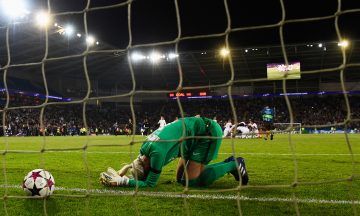 Jake Wojtowicz in Aeon:
Jake Wojtowicz in Aeon:
For better or for worse, luck can sweep in from nowhere and alter our lives. You might cross the road and get hit by a car, or you might end up bumping into someone who turns out to be the love of your life. One natural way of thinking about luck is that it happens to us. Things – unexpected and uncontrolled things – happen to us.
What happens to us naturally contrasts with what we do. But, in his paper ‘Moral Luck’ (1981), the British philosopher Bernard Williams conjures the example of a lorry driver who hits and kills a child. The driver didn’t kill the child due to being drunk or driving carelessly. He was just unlucky. In such a case, as Williams later put it in his book Shame and Necessity (1993): ‘The terrible thing that happened to him, through no fault of his own, was that he did those things.’ He hit and killed the child. Luck can do more than just happen to us; it can affect what we do. Or, to put it another way: what we do is not fully in our control.
Williams gave a name to an emotion that can accompany doing bad things through bad luck: agent-regret. This is different from remorse, which Williams linked to doing bad things voluntarily. The driver’s tragedy isn’t that he was speeding or driving carelessly – voluntary things that might arouse remorse; his tragedy is simply that he killed someone.
More here.
